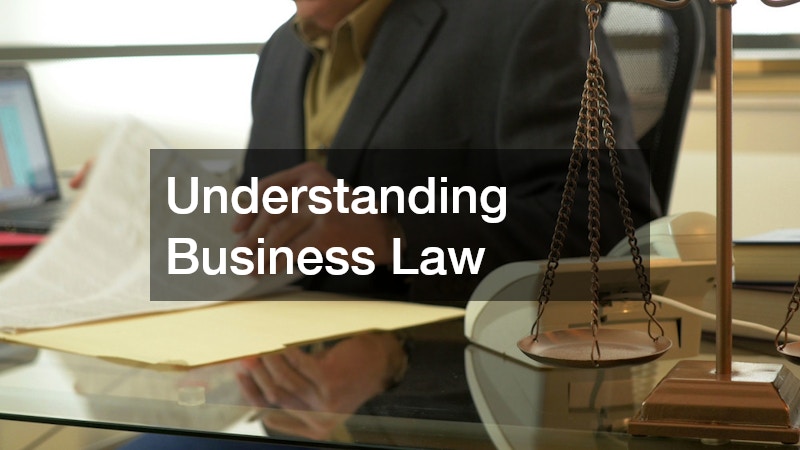
When facing criminal charges, hiring the right lawyer can significantly impact the outcome of your case. Asking the right questions ensures you find a competent criminal lawyer who can provide the support you need. This article will explore some of the most important questions to ask criminal lawyers during initial consultations.
How Much Experience Do You Have in Criminal Law?
Understanding the Lawyer’s Background
It’s essential to understand a lawyer’s background to gauge their competence. Inquire about their education, training, and years of practice in criminal law to ensure they possess solid qualifications.
A lawyer well-versed in criminal law can offer insightful advice and robust defense strategies tailored to your case.
When evaluating a lawyer’s experience, consider the depth and breadth of their practice in criminal law. Some lawyers focus exclusively on criminal cases, which can be advantageous if your case is particularly complex. Moreover, a lawyer with rich exposure in courtrooms might have a nuanced understanding of trial dynamics, potentially influencing the outcome positively.
Case Types and Specializations
Not all criminal lawyers are created equal; specialization plays a critical role in legal representation. It’s vital to determine whether a lawyer has prior experience handling charges similar to yours. Specialized knowledge in particular areas of criminal law, such as theft, drug offenses, or white-collar crimes, can be a significant advantage.
Specializations allow lawyers to develop strategies that are aligned with the nuances of different criminal law areas. A lawyer who has spent years focusing on certain types of cases will likely possess a deeper understanding of those legal intricacies. This specialized experience can aid in navigating the complexities and defenses unique to your charges.
Track Record of Success
A lawyer’s past success significantly contributes to their credibility and reliability. Understanding the success rate of previous cases can give you a glimpse of what to expect. Enquiring about their strategies and how they secure favorable outcomes provides clarity on how they might approach your case.
Success isn’t just measured by a string of courtroom victories; it can also include favorable plea deals and settlements. A balanced track record of both courtroom wins and effective negotiations can highlight a lawyer’s tactical flexibility. This dual approach might be precisely what you need, depending on your situation and goals.
What Are the Possible Outcomes of My Case?
Analyzing Possible Scenarios
Understanding the potential outcomes of your case allows you to build realistic expectations. A competent lawyer will outline different scenarios based on the details of your case and available evidence. This level of communication is crucial for strategizing and preparing mentally for all possibilities.
Having a clear picture of possible outcomes helps you assess risks and benefits associated with various legal strategies. Criminal cases often present a gamut of potential resolutions, and examining each scenario can empower you to make informed decisions. A knowledgeable lawyer will provide insights that demystify legal complexities, allowing you to better anticipate outcomes.
Plea Bargaining and Settlement Options
Plea bargaining can be an essential tool in criminal defense, potentially leading to reduced sentences or charges. Understanding your lawyer’s approach to these negotiations can align your expectations with strategic objectives. A lawyer with strong negotiation skills can leverage these discussions to your benefit.
Some lawyers might lean heavily on plea bargains while others prefer to focus on trial outcomes. Discuss how often they engage in settlements and the typical results they procure. When openly discussed, these preferences provide insight into whether a lawyer’s strategy meshes with your personal goals and comfort level.
Going to Trial
A lawyer’s trial experience can be crucial if your case proceeds to court. Not all lawyers are equally adept in trial settings; thus, exploring their readiness and past courtroom outcomes is essential. You’ll want a lawyer who is confident and skilled in presenting arguments to a judge or jury.
How Do You Structure Your Fees?
Billing Practices and Payment Plans
The structure of a lawyer’s fees influences the financial feasibility of your legal defense. Understanding billing practices such as hourly rates or flat fees is essential during your initial consultation. Some lawyers may offer flexible payment options that ease financial strain during what can often be a stressful period.
Estimate of Total Costs
Requesting an upfront estimate of total legal representation costs provides an overview necessary for financial planning. Cost assessments should include both direct fees and potential additional expenses such as expert witnesses or document handling. Thorough discussions on costs keep you informed and prevent misunderstandings later.
A reliable lawyer will break down expenses into expected services and miscellaneous charges honestly. They must mention if any circumstances could alter the initial cost projection. Honest assessment fosters a trusting client-lawyer relationship grounded in open financial communication.
Asking the right questions is crucial when selecting a criminal lawyer who is capable of handling your legal matters effectively. Being informed about their experience, potential case outcomes, and fee structures will help in making an educated decision to secure the best possible representation. With the right lawyer by your side, you can navigate the legal system more confidently and work towards a favorable resolution.
.




